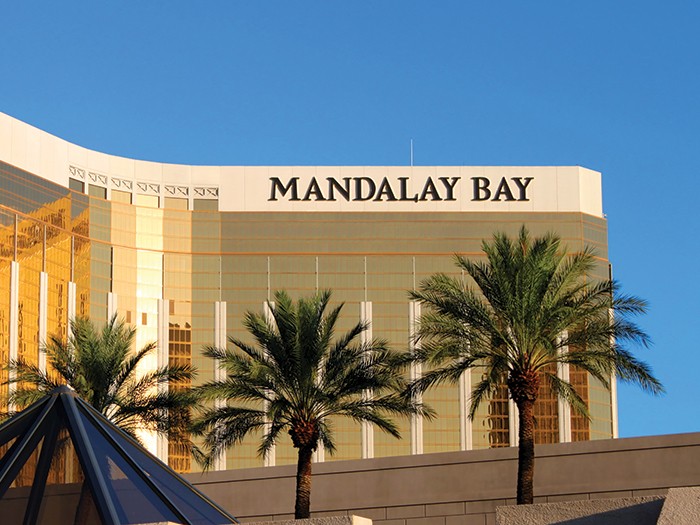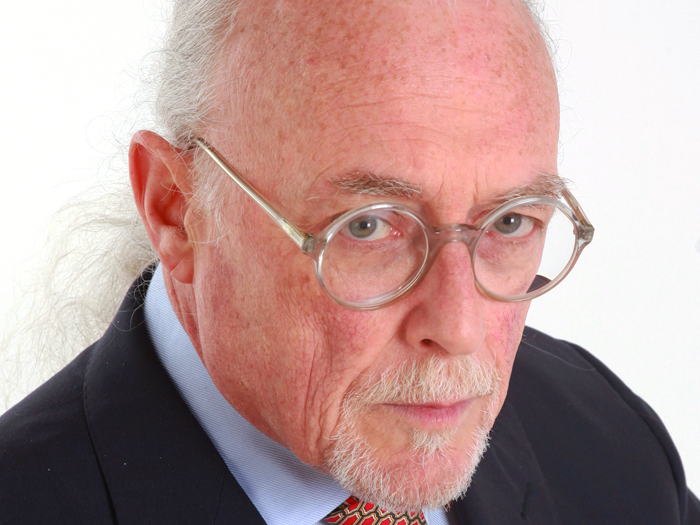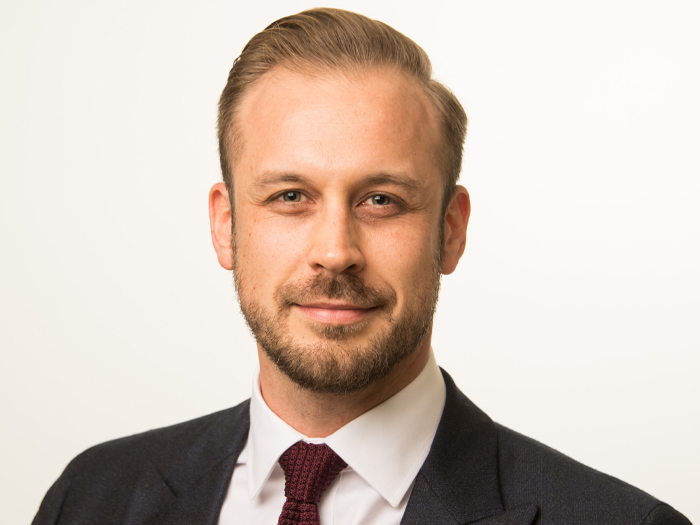MGM’s $800 Million Las Vegas Settlement Drives Home Mass Shooting Liability

MGM Resorts International has agreed to pay up to $800 million to settle lawsuits filed by the victims of the deadliest mass shooting in modern American history.
On Oct. 1, 2017, gunman Stephen Paddock opened fire on a crowd of concertgoers, killing 58 and wounding more than 400 others. Paddock was perched in the 32nd floor of the Mandalay Bay Hotel in Las Vegas with 1,100 rounds of ammunition stockpiled in his room. Across the street, the Route 91 Harvest musical festival was in full swing.
MGM owns both the Mandalay Bay and the site of the concert.
Now, almost two years to the date, MGM and the plaintiffs’ counsel representing the victims have reached a settlement agreement to resolve pending lawsuits involving the shooting. The total settlement amount is expected to be between $735 million and $800 million, subject to and depending on the number of claimants who choose to participate.
In a press release issued by the company, chairman and CEO of MGM Resorts, Jim Murren, said, “Our goal has always been to resolve these matters so our community and the victims and their families can move forward in the healing process. This agreement with the plaintiffs’ counsel is a major step, and one that we hoped for a long time would be possible.
“We have always believed that prolonged litigation around these matters is in no one’s best interest. It is our sincere hope that this agreement means that scenario will be avoided.”
The entire process is expected to be completed by late 2020.
The Winding Road of Liability
Given the scope of this mass shooting and the number of victims and victims’ families affected, MGM wanted to get ahead of litigation.
In July 2018, just nine months after the incident, MGM sued 1,000 of the victims in order to avoid liability for the event. At the time, it was facing hundreds of potential lawsuits from those impacted by the violence. This approach, dubbed “aggressive” by several news outlets, sparked outrage across social media and the web.
MGM, however, wasn’t suing for money; “the company want[ed] a federal court to rule that it [could not] be held liable for the shooting by more than 1,000 victims and others it named in the suits,” said one New York Times article.
The legal maneuver came after MGM’s lawyers reviewed federal law following the 9/11 terrorist attacks. The U.S. had enacted the SAFETY Act in 2002 in a concerted effort to both prevent future attacks and protect federally certified manufacturers of security equipment and providers of security services from liability should they fail to prevent a terrorist attack.
MGM contended that under this law it was protected from liability, because the shooting fell under Homeland Security’s definition of a terrorist attack — i.e., it was “an unlawful act that cause[d] mass destruction to citizens or institutions of the United States.”
About a year later, MGM sued Zurich American Insurance Co., alleging the Illinois-based insurer failed to provide coverage for defense costs as per its payment agreement. MGM held a primary commercial general liability policy for the period of July 1, 2017, to July 1, 2018, which provided a $1 million limit for each occurrence.
The complaint charged that Zurich’s bad faith failure to pay defense costs had “directly jeopardized” MGM’s defense.
It also charged Zurich with breach of duty to defend and tortious breach of the implied covenant of good faith and fair dealing. MGM sought declaratory judgment that the insurer was “obligated to defend MGM completely until Zurich makes actual payment of its full limit of liability.” The company is still seeking damages, costs and attorneys fees, including punitive damages.
(For an even more in-depth look at the legal landscape for MGM since the shooting, check out this timeline assembled by the Las Vegas Review Journal.)
Liability and the Owner
Mass shootings, unfortunately, have become commonplace in the U.S. In 2019 alone, 334 reported mass shooting events have already taken place, with a death toll of 385 and an additional 1,342 wounded.
Therefore, the MGM settlement leads to several questions business owners in the U.S. must address: Who is liable in a mass shooting event? How much of that liability will fall on the business owner? And what can businesses do to protect themselves?
Risk management can play a role in safety. In the weeks following the Mandalay Bay killings, “informal groups [had] formed that [were] made up of risk, safety and security professionals,” said one risk manager who spoke with Risk & Insurance® last year.
“It’s an opportunity for companies to not only look inward at their own practices but to also discuss what others are doing and thinking about,” the risk manager explained. “It’s common to include local law enforcement as well as other agencies such as DHS [the Department of Homeland Security]. The result isn’t so much a ‘checklist’ for risk managers but innovative and thoughtful best practices that can be implemented across the sector without compromising our business mission.”
These groups have reported evidence of several major safety changes across the hotel, gaming and entertainment industries: “Do Not Disturb” signs that remain on doors for days are no longer glanced over; CCTV usage is up; and police presence in high-profile spaces is more prevalent.
On the insurance side, business owners are looking into every avenue that can provide coverage.
Marsh reported that during renewals following the Las Vegas shooting, real estate and hospitality risk managers increased general liability limits, on average, by 20 to 30%.
Others have reviewed workplace violence, active shooter and domestic terrorism covers.
Risk Insiders Les Williams, partner and chief revenue officer at Risk Cooperative, and Andres Franzetti, CEO and co-founder of Risk Cooperative, haves suggested yet another form of coverage: personal liability insurance.
“Not a week passes where the dreadful toll of gun violence does not rise in the U.S., making it the only advanced economy at war with itself,” they write.
“While personal liability insurance can provide [businesses] with some level of financial protection, it will not solve the broader security, and economic issues that will follow. Insurance companies are doing their part to promote safety, now congress and the people must also do theirs.” &










